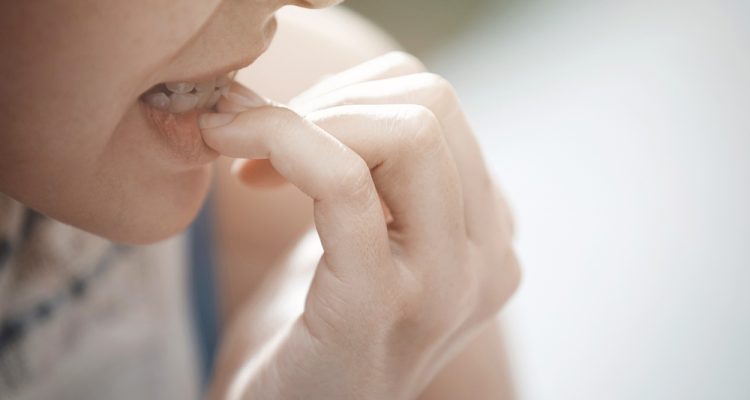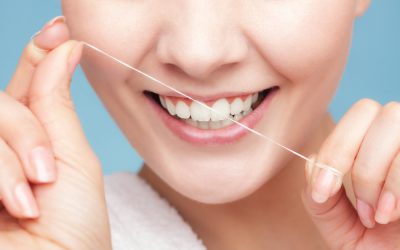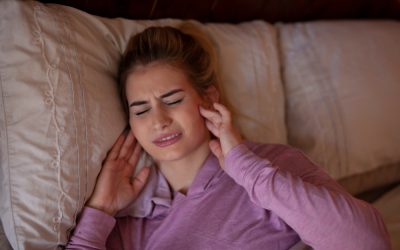If you bite or chew your nails, you likely already know that it’s a nasty habit. And while nail biting is hardly a life-threatening habit, it’s not entirely harmless either. Biting and chewing off your fingernails can damage your teeth, jaw, gums and overall oral health. Keep reading to learn 5 harmful effects nail biting has.
5 Dangerous Consequences of Nail Biting
Nail biting is associated with the following oral issues:
- Infections. Your fingernails are hotbeds for dirt, germs, pathogens and bacteria like E. coli. When you bite your nails, these germs travel from your hands to your mouth, increasing the risk of oral infections like gingivitis, gastrointestinal infections, the common cold or the flu.
- Cracks and fractures. Tearing off fingernails with your teeth can lead to cracked, chipped or even broken teeth. Nail biting can also damage the protective tooth enamel.
- Bruxism. Research has found that people who bite their nails have a higher chance of developing bruxism (tooth grinding). Chronic grinding can cause headaches, tooth pain and sensitivity, facial pain, gum recession and tooth loss.
- Malocclusion. Biting puts a lot of stress and pressure on the jawbone. Over time, the pressure from nail biting can cause your teeth to shift out of position, leading to an abnormal bite and mouth gaps.
- Root Resorption. One of the most dangerous consequences of nail biting is an increased risk of root resorption. Root resorption occurs when the body’s own cells eat away at themselves and destroy tooth structure.
Tips for Breaking the Habit
Breaking a nail-biting habit can be incredibly difficult, especially because many people bite their nails as a soothing mechanism during stressful or anxiety-inducing situations. If nail biting brings you comfort, or if it’s a long-standing habit, quitting will take time and effort. But if you’re ready to kick the habit once and for all, we have some tips to help you get started.
- Reduce stress. Identify situations, events or feelings that trigger your nail-biting habit. Find ways to remove yourself from the situation or methods that help you cope with stress, anxiety and overstimulation during those times.
- Occupy your hands or mouth. If you find yourself starting to nibble on your nails, find something else to distract your mind and occupy your hands – write in a journal, exercise, wash dishes, fold laundry. You can also chew gum to keep your mouth busy.
- Get a manicure. You may find it harder to ruin a fresh manicure (especially one you paid for).
- Use special polish. Apply bitter polish to your fingernails to discourage biting and chewing.
- Keep nails clean and trimmed. Short, well-kept nails without ragged edges will give you less to chew and bite.
Schedule a Dental Check-Up With Boyett Family Dentistry
Getting regular dental check-ups is important if you have a nail-biting habit. Your dentist will examine your mouth and teeth to look for damage, infections, inflammation, or any other issues. We’re currently accepting new patients at Boyett Family Dentistry. Please give us a call at 863-294-9200 or leave us a message online to schedule your appointment!





